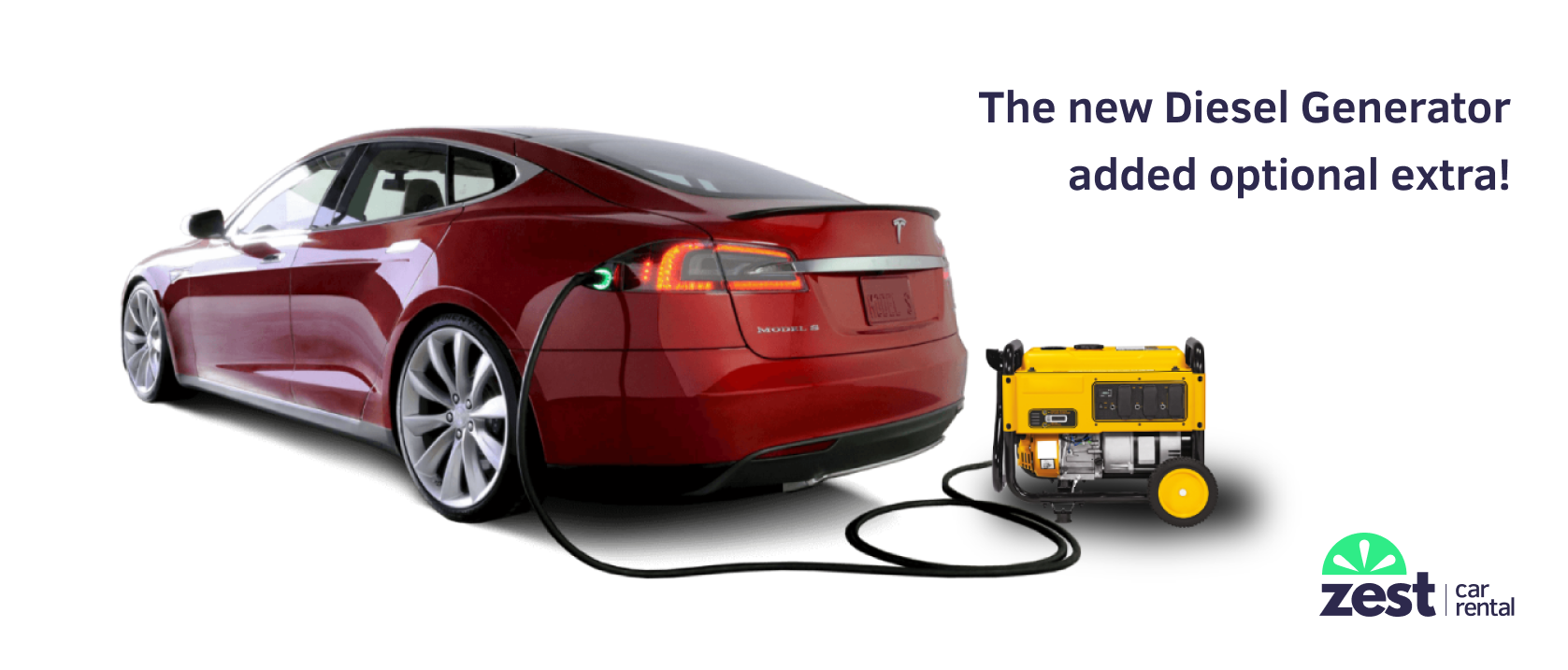“`html
Electric car Generators: Revolutionizing EV Range and Charging
body {
font-family: sans-serif;
line-height: 1.6;
margin: 20px;
}
h2, h3 {
margin-top: 25px;
margin-bottom: 10px;
}
Electric Car Generators: Revolutionizing EV Range and Charging

The electric vehicle (EV) revolution is in full swing, promising a cleaner and more sustainable future for transportation. However, one of the primary concerns for potential EV adopters remains range anxiety – the fear of running out of battery power before reaching a charging station. This is where electric car generators, also known as range extenders or onboard generators, come into play, offering a potential solution to extend EV range and enhance charging flexibility.
Understanding Electric Car Generators
An electric car generator is essentially a small, onboard power generation system designed to supplement the vehicle’s battery. Unlike traditional gasoline generators, these systems are typically integrated seamlessly within the EV, working in conjunction with the electric drivetrain. They are not intended to replace the primary battery but rather to provide auxiliary power when needed, effectively extending the vehicle’s range.
Types of Electric Car Generators
Electric car generators can be categorized based on their fuel source and operating principles:
Internal Combustion Engine (ICE) Generators
These are the most common type of range extenders currently in use. They consist of a small gasoline or diesel engine coupled with an electric generator. The engine powers the generator, which in turn charges the EV’s battery or directly powers the electric motor. This type of generator is prevalent in plug-in hybrid electric vehicles (PHEVs) and some range-extended EVs (REEVs).
Fuel Cell Generators

Fuel cells generate electricity through an electrochemical reaction between hydrogen and oxygen, producing only water and heat as byproducts. They offer a clean and efficient way to extend EV range. Fuel cell generators are still under development and are gradually being integrated into some commercial EVs.
Rotary Engines
Rotary engines, such as the Wankel engine, are compact and lightweight, making them suitable for use as range extenders in EVs. They offer a high power-to-weight ratio and can be fueled by various fuels, including gasoline, natural gas, and hydrogen. However, rotary engines have faced challenges related to emissions and fuel efficiency.
Turbine Generators
Microturbines are small gas turbines that can be used as range extenders in EVs. They offer high efficiency and low emissions. Turbine generators are still in the early stages of development for automotive applications.
How Electric Car Generators Work
The operation of an electric car generator depends on the specific type of generator and the vehicle’s architecture. However, the basic principle remains the same: to generate electricity to supplement the battery and extend the vehicle’s range.
Series Hybrid Configuration

In a series hybrid configuration, the electric car generator powers the electric motor directly, and any excess power is used to charge the battery. The engine is not mechanically connected to the wheels. This configuration is common in REEVs.
Parallel Hybrid Configuration
In a parallel hybrid configuration, the electric car generator can either charge the battery or assist the electric motor in powering the wheels. The engine can also be mechanically connected to the wheels in certain situations. This configuration is typical in PHEVs.
Range Extension Operation
When the EV’s battery charge drops below a certain level, the electric car generator automatically activates. The generator then produces electricity, either charging the battery or directly powering the electric motor. This allows the vehicle to continue operating even when the battery is depleted.
Benefits of Electric Car Generators
Electric car generators offer several advantages, addressing some of the key challenges associated with EVs:
Extended Range
The most significant benefit is the ability to extend the EV’s range, mitigating range anxiety and making long-distance travel more feasible.
Enhanced Charging Flexibility
Electric car generators provide an alternative charging solution, especially in areas with limited charging infrastructure. They allow drivers to recharge their EVs on the go, reducing reliance on charging stations.
Reduced Dependence on Charging Infrastructure
By providing onboard power generation, electric car generators reduce the need for extensive charging infrastructure, making EVs more accessible in remote or underserved areas.
Improved Emergency Preparedness
Electric car generators can serve as a backup power source in emergencies, providing electricity for essential functions or powering external devices.
Potential for Diverse Fuel Sources
Electric car generators can be designed to operate on various fuels, including gasoline, diesel, natural gas, and hydrogen, offering flexibility and adaptability.
Challenges and Considerations
Despite their benefits, electric car generators also present certain challenges:
Increased Complexity and Cost
Integrating an electric car generator adds complexity to the vehicle’s design and manufacturing process, potentially increasing the overall cost.
Emissions and Environmental Impact
Internal combustion engine generators produce emissions, albeit lower than traditional gasoline vehicles. The environmental impact of these generators needs to be carefully considered.
Noise and Vibration
Electric car generators, particularly ICE generators, can produce noise and vibration, affecting the overall driving experience.
Fuel Efficiency
The fuel efficiency of electric car generators is crucial for minimizing fuel consumption and emissions. Optimizing the generator’s operating parameters is essential.
Maintenance Requirements
Electric car generators require regular maintenance, including oil changes and filter replacements, adding to the overall maintenance costs.
Future Trends and Developments
The future of electric car generators looks promising, with ongoing research and development focusing on improving efficiency, reducing emissions, and enhancing performance.
Fuel Cell Technology Advancements
Fuel cell technology is expected to play a significant role in future electric car generators. Advancements in fuel cell efficiency and cost reduction will make them more viable for automotive applications.
Integration of Renewable Fuels
Electric car generators will increasingly be designed to operate on renewable fuels, such as biofuels and hydrogen, further reducing their environmental impact.
Improved Efficiency and Performance
Ongoing research is focused on improving the efficiency and performance of electric car generators, including optimizing engine design, generator efficiency, and control systems.
Smart Grid Integration
Electric car generators can be integrated with smart grids, allowing them to provide grid support and participate in demand response programs.
Modular and Scalable Designs
Future electric car generators will likely adopt modular and scalable designs, allowing for easy integration into various EV platforms and configurations.
Conclusion
Electric car generators offer a promising solution to address range anxiety and enhance charging flexibility in electric vehicles. By providing onboard power generation, these systems can extend EV range, reduce reliance on charging infrastructure, and improve emergency preparedness. As technology advances and fuel cell technology matures, electric car generators are poised to play a crucial role in accelerating the adoption of EVs and paving the way for a cleaner and more sustainable transportation future.
“`



